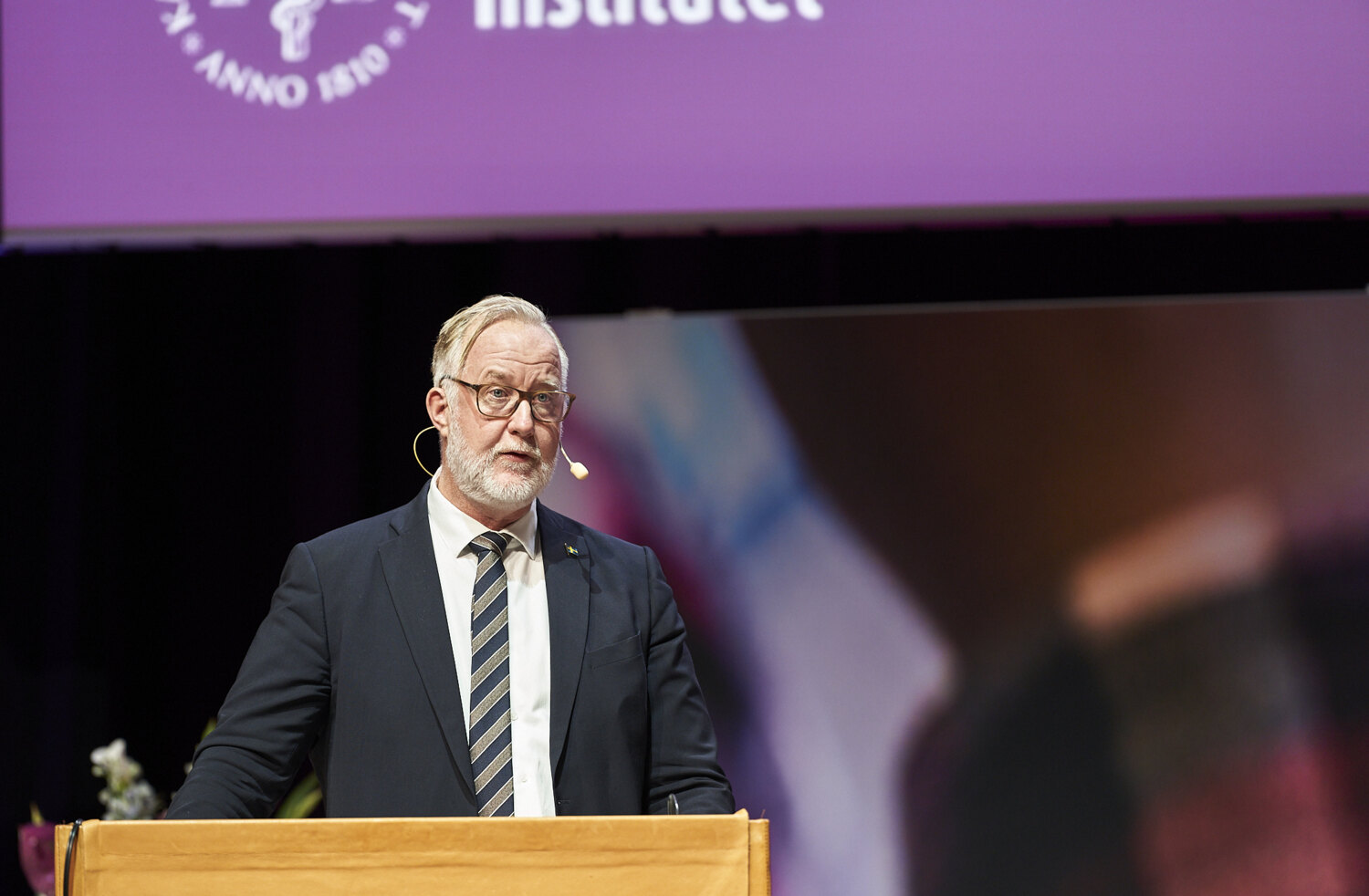The State of the Environment report released today paints a sobering picture of the challenges facing the Australian landscape, and highlights the need for our sustainable forest industries to play a greater role in the solution, Australian Forest Products Association (AFPA) Chief Executive Officer Ross Hampton said.
“The report highlights the urgent need to tackle the real threats to our environment and threatened species, such as invasive flora and fauna, disease, climate change, and catastrophic bushfires,” Ross Hampton said.
“It also highlights the opportunity for Australia’s sustainable forest industries help address these threats. The Federal Government’s goal to plant one billion new timber plantation trees by 2030 will have a significant climate mitigation benefit from the carbon stored in the growing trees and in the renewable timber and paper products made from them.
“And as Australia moves to eliminate single-use plastics, the paper, cardboard, and wood fibre-derived plastic replacement products made right here in Australia will become ever-important in our war on waste.”
Ross Hampton also cautioned decision makers not to conflate Australia’s modest, sustainable native forest industries with land clearing and habitat loss, as forestry in Australia is regulated to the highest environmental standards in the world.
“Our native forest industries use the equivalent of just 6 trees in every 10,000 out of Australia’s 132 million hectares of native forest, and regenerate after harvest to ensure no net loss in forest area. They also ensure the continued supply of essential timber products for our homes, pallets for our supermarkets, and firewood to heat our homes.
“ have also shown that timber harvesting has not been a ‘major threat factor’ in the extinction of any Australian mammal since European settlement.”
Ross Hampton also urged decision makers to heed the advice of the Intergovernmental Panel on Climate Change (IPCC), which says sustainably managing our native forests for timber delivers the best climate change mitigation results:
A sustainable forest management strategy aimed at maintaining or increasing forest carbon stocks, while producing an annual sustained yield of timber, fibre or energy from the forest, will generate the largest sustained mitigation benefit.” –
“AFPA looks forward to working with the Federal Government on addressing the findings of the report and ensuring our environment is preserved for future generations,” Ross Hampton concluded.








